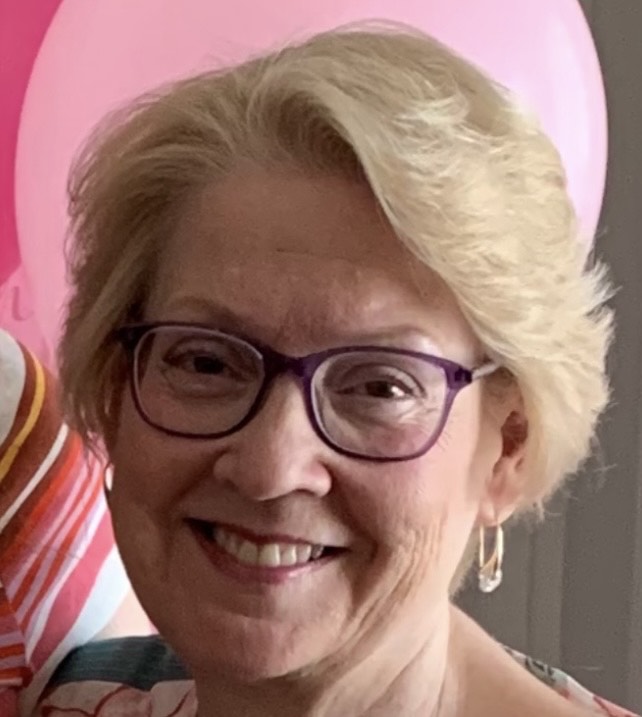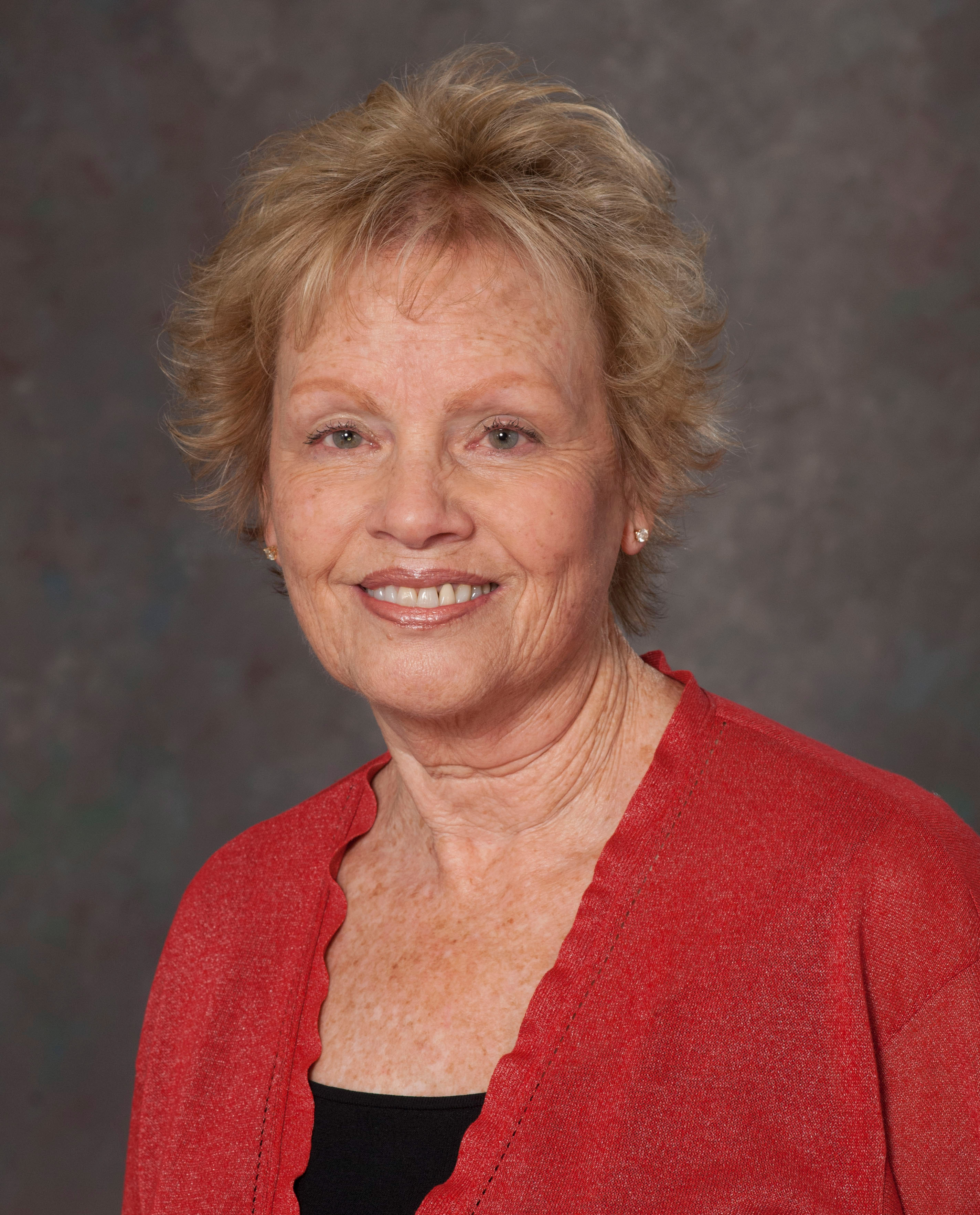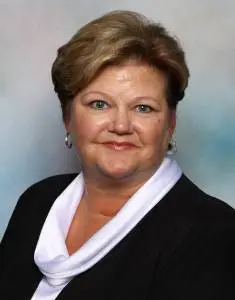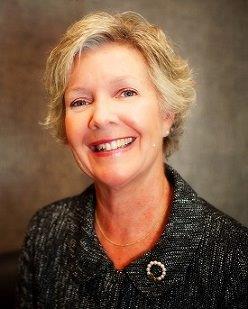Members Only | 04.21.25
How Big of an Honor Is It to Be an Honorary Member of NAMSS?
By Teddy Durgin
As per the NAMSS Bylaws, “Honorary members shall consist of members deemed deserving of membership by virtue of their outstanding reputation, noteworthy contributions to NAMSS, or their previous long-standing service to NAMSS, and who continue to exemplify high standards of professional and ethical conduct. Honorary membership is determined and approved by the Board of Directors. Honorary members do not pay dues and are not eligible to vote or hold office or chair a committee; however, they may serve in an advisory position to a committee.”
The NAMSS Board recently created a pathway to honor and celebrate our NAMSS Past Presidents when they are ready to transition from active membership. NAMSS is pleased to announce the following Past Presidents applied and were approved for Honorary membership:
- Holly Jones, CPMSM (1991–1992)
- Geneva Harris, CPMSM, CPCS, CPHQ (1993–1994)
- Linda Chappell, MHA, CPMSM (1994–1995)
- Susan Pickren, CPMSM, CPCS (2004)
- Sheryl Davis, BA, CPMSM, CPCS (2009)
- Karen Reed, Ph.D., CPMSM (2010)
We sat down with several of these legends of the profession to get their thoughts on being an Honorary Member and to reflect on their long and varied careers.
It’s an Honor to Be Honored

Holly Jones
Most of those interviewed were quite humbled by the acknowledgement. NAMSS 2010 President Karen Reed, Ph.D., CPMSM, used the word “blessed,” while NAMSS 2004 President Susan Pickren, CPMSM, CPCS, says the designation is a “recognition of the many contributions to NAMSS I was able to facilitate with the help and support of so many during my tenure.”
Holly M. Jones, CPMSM, NAMSS Past President 1991–1992, also referenced “recognition” in stating, “Honorary membership shows NAMSS’ recognition for the 40-plus years I’ve devoted to supporting the organization and my profession.”
For her part, NAMSS 2009 President Sheryl Davis, BA, CPMSM, CPCS, touted the recognition as “a long time coming.” She adds, “It provides a formal way to stay connected to an organization that provided me with so many opportunities for personal and professional growth.”
Proudest Achievements
Being an Honorary Member of NAMSS has also afforded each of our interviewees a chance to reflect on what they consider the proudest moments of their careers. Jones looks back on the year she was elected NAMSS President. “It was at the annual conference in San Antonio, Texas, and I was privileged to announce that President George H. W. Bush had just signed the proclamation supporting the declaration of National MSSP Week!”

Geneva Harris
NAMSS 1993–1994 President Geneva Harris, CPMSM, CPCS, CPHQ, fondly recalls being part of policy, administrative, and operational discussions at the local, state, and national level. Over the course of her career, she represented NAMSS with the American Medical Association’s board of directors and governing council and represented medical staffers in California with the California Medical Association and the California Hospital Association.
She recalls, “I engaged my local chapter to develop the first proposal for ‘continuous credentialing’ — an idea well ahead of its time then. Later, my work with NAMSS Education provided the knowledge and experience to sit with national leaders to discuss options for CMS regulation and the changes needed to facilitate new telemedicine credentialing standards.”
Jones adds that she knows her job greatly contributed to “the well-being and safety of patients at all times, [and] I knew it was primarily because of me that only competent, quality professionals were ever granted the right to treat and care for the patients who presented to our healthcare facility. I am honored to have been a small part of this truly exceptional profession and to have been able to serve as one of the NAMSS Presidents.”

Karen Reed
Reed’s top triumph was more social. “I think I am most proud of the members I have mentored and worked with along my career and assisted in their careers,” she says. “This is typically not a profession that folks grow up wanting to be. However, once they are introduced to it, they either love it or leave it. I am proud that I was able to help individuals find the path to love this profession and make a career out of it. Many of these have turned into lifelong friends.”
Davis also kept it on the personal level. She says, “One of the things I am most proud of is that, out of my 30-plus career in medical staff services, working with so many different personalities and professionals, I never had a major conflict. And I mean never!”
Biggest Changes
Of course, speaking with professionals whose careers didn’t just span years, but decades, there was much talk of how things have changed over the years in the profession and in the larger healthcare sector. Pickren marvels, “The broad means of improved treatment protocols over the past 20 years has saved countless lives. I am amazed at what can be done today that couldn’t be done 10 or 20 years ago or even five years ago. What used to put you in the hospital for three or four days, you’re in and out within 13 hours now. Research is key to helping more patients.”
Davis chimed in and said the biggest change she’s personally witnessed was laparoscopic surgery. She says, “It was, pardon the pun, cutting edge and very controversial. We took quite some time to establish the right training criteria for privileging purposes for that procedure.”
For Reed, the changes haven’t all been positive. “Sadly, I think we have lost some of the collegiality of the medical profession,” she says. “I worked at large tertiary care facilities. It used to be when partners brought in new colleagues, they would take them around, introduce them to nurses, staff, and other physicians … Today’s patients also seem to lose the continuity with their physicians because of insurance requirements. If their insurance changes, it means they may have to change their physicians.”
“On the positive side, there are now more safeguards in place for patients and staff,” she adds. “It is harder for the incompetent or disruptive physician to blend into the background. Society has evolved where certain behaviors are no longer tolerated regardless of who you are.”
Lessons Learned

Sheryl Davis
And rising to the top of one’s profession over a long and varied career, there is no doubt some valuable lessons were learned. Some of our interviewees acknowledged that what they learned in their time as medical staff professionals will surely stay with them the rest of their days. For Reed, it was the value of volunteerism. “Even in retirement, I think this still holds true,” she says. “I now volunteer at an animal shelter, Project Linus, and a couple of others. Giving back always benefits you more than the organization!”
Davis’ biggest lesson learned is as much a proud memory as anything. When she was interviewed by her first vice president of medical affairs, or VPMA, she told him that her father was a neonatologist. “So I grew up with a doctor in the family,” she says. “I told the VPMA that I have a high respect for the profession but was not intimidated. That has carried me through my career. I have doctors I worked with 30 years ago who still tell me they miss me!”
Finally, Pickren says she found great value in listening to others who were smarter than she. “One can accomplish many things by letting others help you get where you were meant to be,” she says. “The lifelong friendships and the incredible opportunities I had during my tenure with NAMSS are invaluable. Oh, the memories I have!”